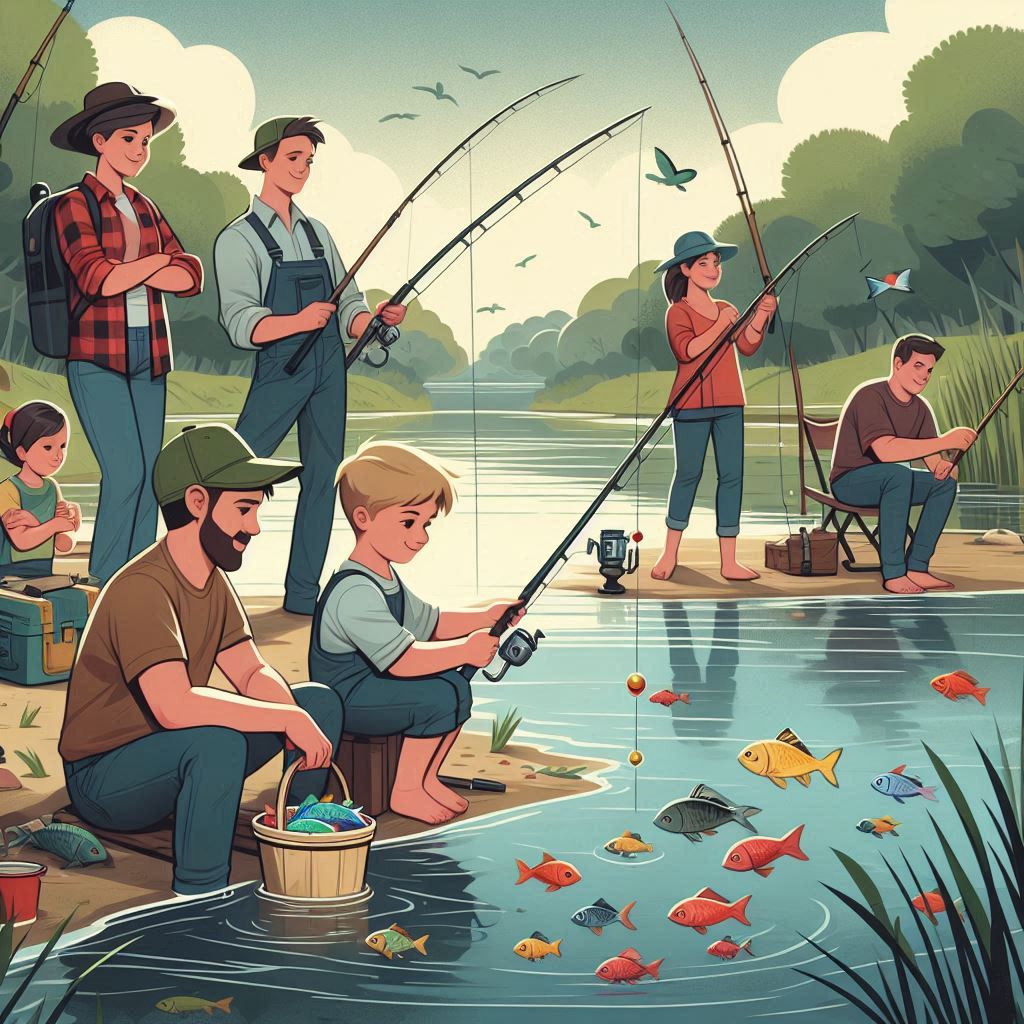Bass fishing is not just a hobby; it's an exhilarating pursuit that challenges anglers with its cunning prey. Whether you're a beginner or seasoned angler, understanding the behavior, habitats, and techniques for catching bass can significantly enhance your fishing success. In this article, we'll dive into the essentials of bass fishing, from gear and techniques to conservation practices, ensuring you're well-equipped for your next bass fishing adventure.
Understanding Bass Behavior
Bass are known for their feeding habits, often preferring dawn and dusk for feeding frenzies. Understanding their movements throughout the seasons—from spawning in spring to seeking deeper waters in summer—can help you anticipate their locations and improve your chances of a successful catch.
Essential Gear for Bass Fishing
- Fishing Rods and Reels: Choose a rod and reel combo that suits your preferred fishing style (e.g., spinning or baitcasting).
- Fishing Lines: Consider using monofilament, fluorocarbon, or braided lines depending on the fishing conditions and depth.
- Must-Have Lures and Baits: Stock your tackle box with versatile lures like crankbaits, jigs, and soft plastic worms, which mimic bass prey and attract strikes effectively.
Techniques for Bass Fishing
Mastering various fishing techniques can improve your chances of hooking a bass:
- Casting and Retrieving: Practice accurate casting and experimenting with retrieval speeds to find what attracts bass.
- Fishing Strategies: Use topwater lures for surface strikes, midwater lures for suspended bass, and bottom fishing techniques for deeper waters.
- Utilizing Electronics: Fish finders can be invaluable tools for locating schools of bass and understanding underwater structures.
Best Times and Locations for Bass Fishing
Early mornings and late evenings are prime times for bass fishing, as bass are more active during low light periods. Target areas with natural cover such as weed beds, submerged rocks, and fallen trees where bass often hide and ambush their prey.
Conservation and Ethics in Bass Fishing
Practice catch-and-release to sustain bass populations for future generations of anglers. Handle bass with care, using proper techniques to minimize stress and ensure their survival after release. Respect fishing regulations and local laws to protect bass habitats and maintain healthy ecosystems.
Conclusion
Bass fishing offers endless opportunities for excitement and challenge. By understanding bass behavior, using the right gear and techniques, and practicing responsible fishing practices, you can enhance your skills and enjoyment of this rewarding sport. Get out on the water, explore different techniques, and experience the thrill of bass fishing while contributing to conservation efforts that preserve these magnificent fish.





Comments